Sunday 19 Mar 2023 at 1 PM
Outdoor Walk: The Backyard
-
Alejandro A. Barbosa
Alejandro A. Barbosa (they/he) is an HIV- queer latinx visual artist born in Argentina who lives and works on the traditional, ancestral, and unceded territories of the Coast Salish peoples—the Musqueam, Squamish, and Tsleil-Waututh Nations—in what is known as Canada. Alejandro’s art practice focuses on lens-based media and revolves around questions on the politics of looking, the political implications of space exploration discourse, the flaws of representation, and queer lived experience. They hold an MFA in visual art from the University of British Columbia, and a BFA in photography from Concordia University. Alejandro’s work has been exhibited and collected in Argentina, Canada, Peru, and the United States.
Read More
-
Jay Pahre
Jay Pahre is a queer and trans settler artist, writer, and cultural worker currently based on the unceded territories of the xʷməθkʷəy̓əm, Sḵwx̱wú7mesh, and səlilwətaɬ peoples. His work engages trans and queer ecologies, interspecies collaboration, and place in the context of settler colonialism. He has attended residencies at the Western Front, Banff Centre and Isle Royale National Park. His work has been exhibited across the US and Canada at traditional galleries and community spaces, and his writing has been published in academic journals and comic anthologies.
Read More
In conjunction with The Willful Plot, join us for an outdoor walk that considers the UBC Vancouver campus from the perspective of the backyard. This backyard walk will take us to parts of campus that are overlooked, passed by or have presences that aren’t brought forward to the front-facing parts of campus. Through a conversational walk with Jay Pahre and Alejandro A. Barbosa, we’ll consider some of the narratives these parts of campus tell, and what they withhold.
Space on this walk is limited; to reserve a spot, email belkin.rsvp@ubc.ca
Image (above): Glenn Lewis, Le Domaine Des Colombières (The Dovecote) Villa and Jardins, Menton, France, from The Trodden Way (Paths), ca. 1977/78. Courtesy of the artist
-
Alejandro A. Barbosa
Alejandro A. Barbosa (they/he) is an HIV- queer latinx visual artist born in Argentina who lives and works on the traditional, ancestral, and unceded territories of the Coast Salish peoples—the Musqueam, Squamish, and Tsleil-Waututh Nations—in what is known as Canada. Alejandro’s art practice focuses on lens-based media and revolves around questions on the politics of looking, the political implications of space exploration discourse, the flaws of representation, and queer lived experience. They hold an MFA in visual art from the University of British Columbia, and a BFA in photography from Concordia University. Alejandro’s work has been exhibited and collected in Argentina, Canada, Peru, and the United States.
Read More
-
Jay Pahre
Jay Pahre is a queer and trans settler artist, writer, and cultural worker currently based on the unceded territories of the xʷməθkʷəy̓əm, Sḵwx̱wú7mesh, and səlilwətaɬ peoples. His work engages trans and queer ecologies, interspecies collaboration, and place in the context of settler colonialism. He has attended residencies at the Western Front, Banff Centre and Isle Royale National Park. His work has been exhibited across the US and Canada at traditional galleries and community spaces, and his writing has been published in academic journals and comic anthologies.
Read More
Related
-
Exhibition
13 Jan – 16 Apr 2023
The Willful Plot
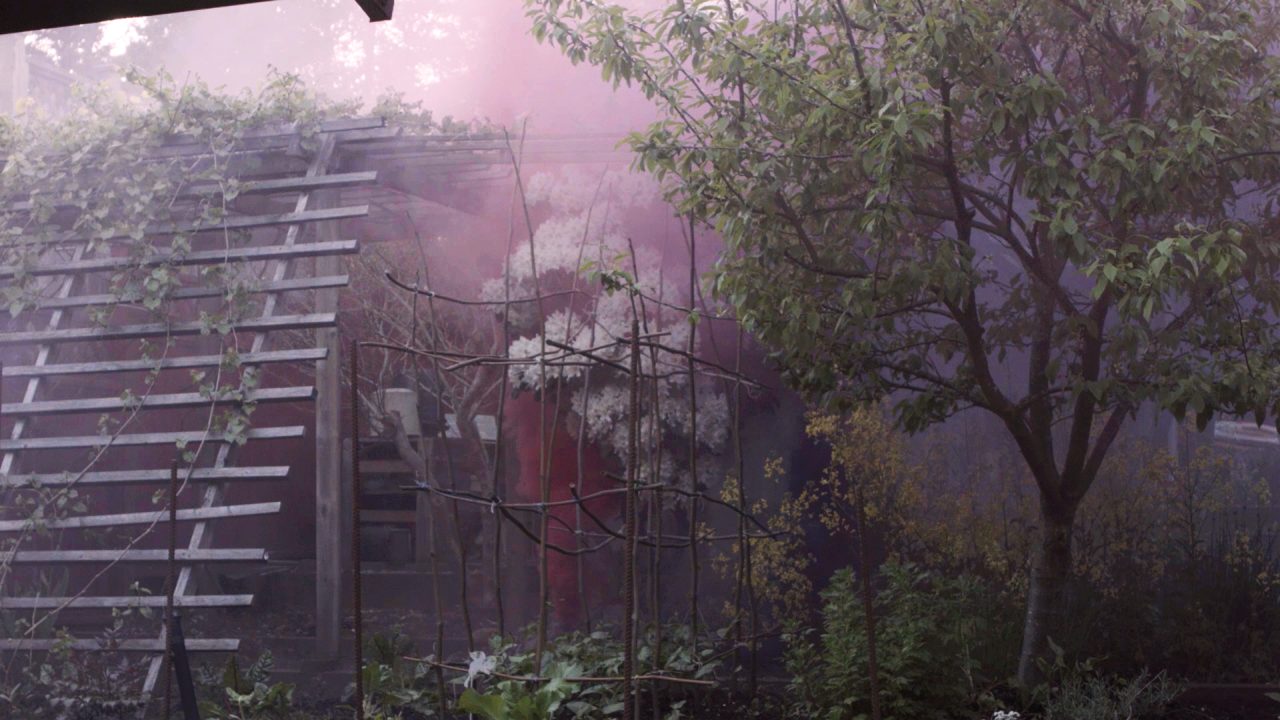
The Willful Plot brings together artists' practices to expand the notion of the garden as a site of tension between wild and cultivated, temporal and perpetual, public and private, sovereign and colonized. Here, the garden is considered by the artists not only as a delineated patch of earth, but as a story and a will to drive that story to complicate the way in which cultures and individuals see themselves in relation to ecology, sociality, belief and possibility. It is an opportunity to look at human relationships with land, flora, fauna and their interrelatedness. In its willfulness, the resistance garden is a counter-site, a heterotopia for alternative cultivation and potential transformation.
[more] -
News
15 Dec 2022
Reading Room: The Willful Plot
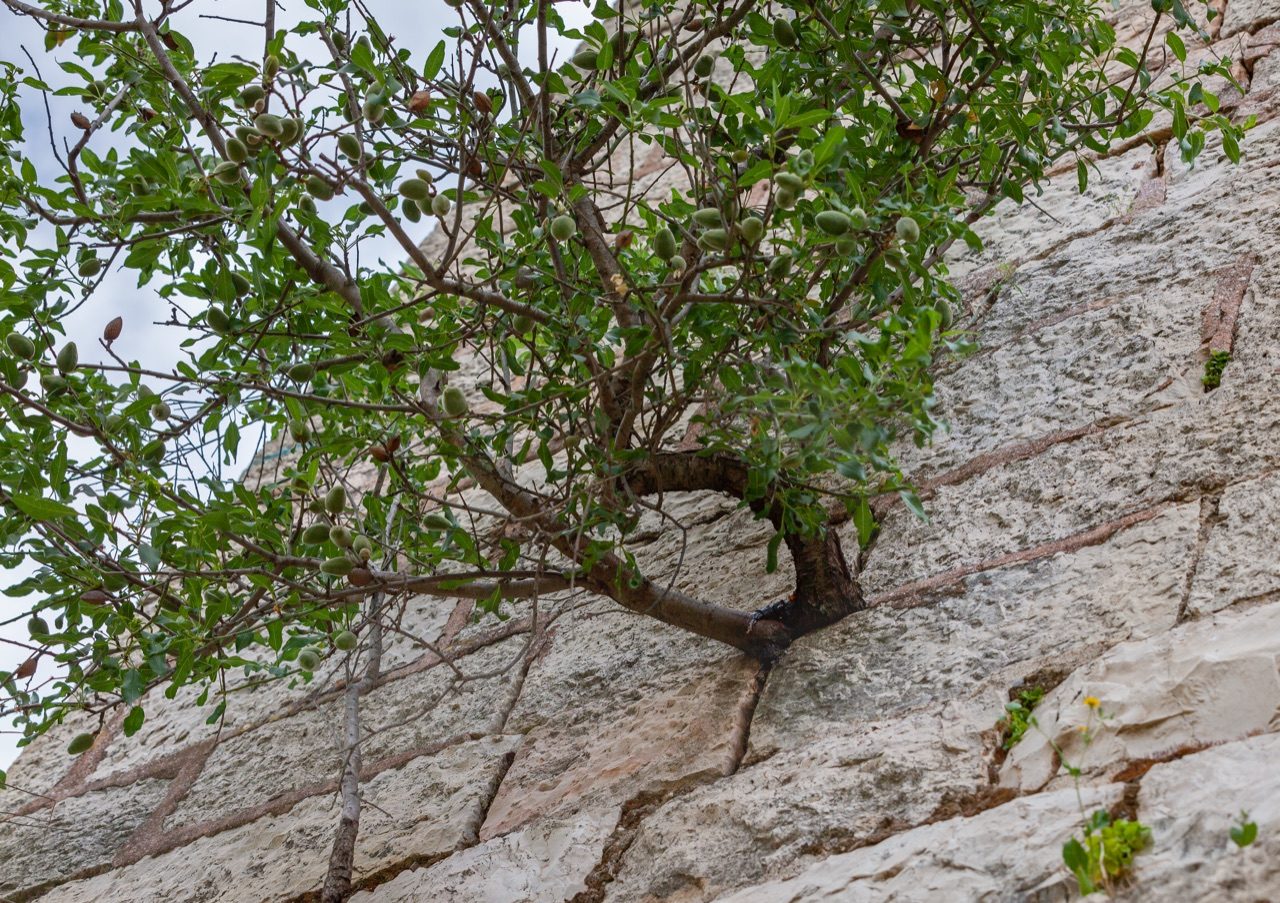
The Willful Plot brings together artists’ practices to expand the notion of the garden as a site of tension between wild and cultivated, temporal and perpetual, public and private, sovereign and colonized. This online Reading Room includes texts expanding on different notions of the garden and more-than-human relationships, as well as the political implications of thinking willfully, with and alongside.
[more] -
Event
Wednesday 29 Mar 2023 at 1 pm
Lecture Series: What a seed does; or, tending to paradise, however you see it
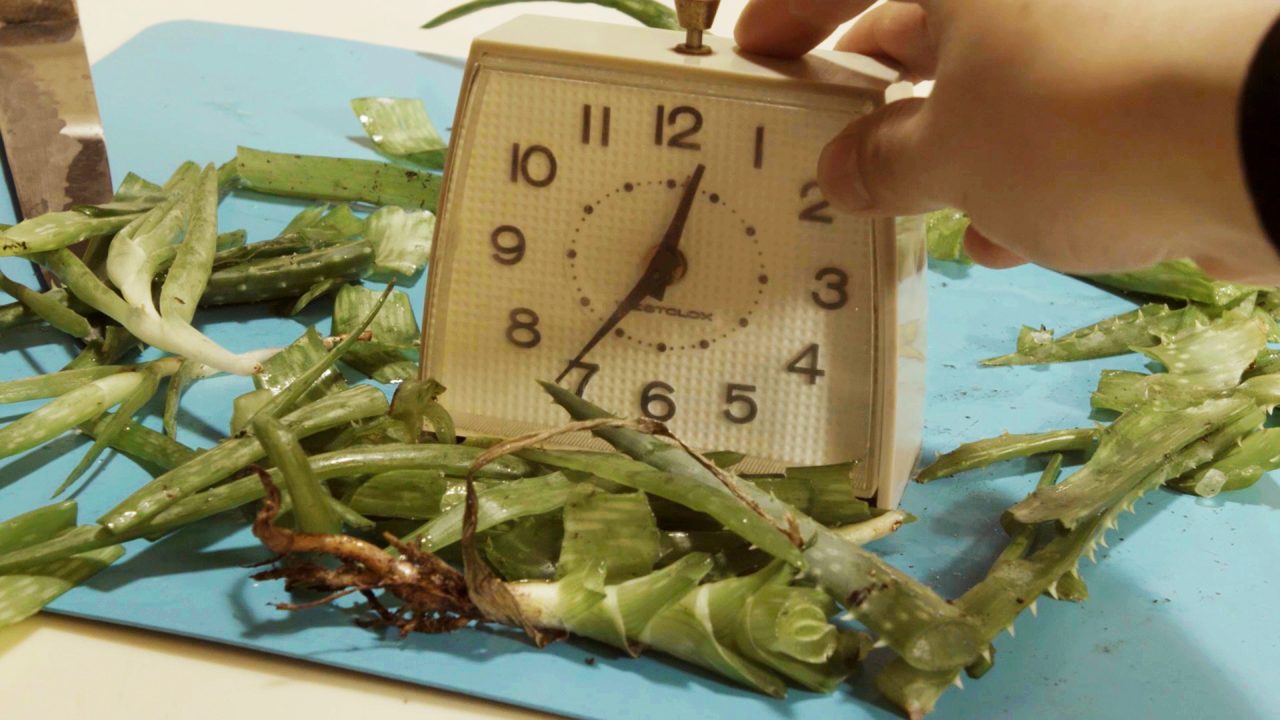
Join us for a series of lectures at the Belkin. We invite Jane Wolff, Desirée Valaderes and Sara Jacobs to address The Willful Plot.
[more] -
Event
Wednesday, 12 Apr 2023 at 2 pm
Concert at the Belkin: The Willful Plot
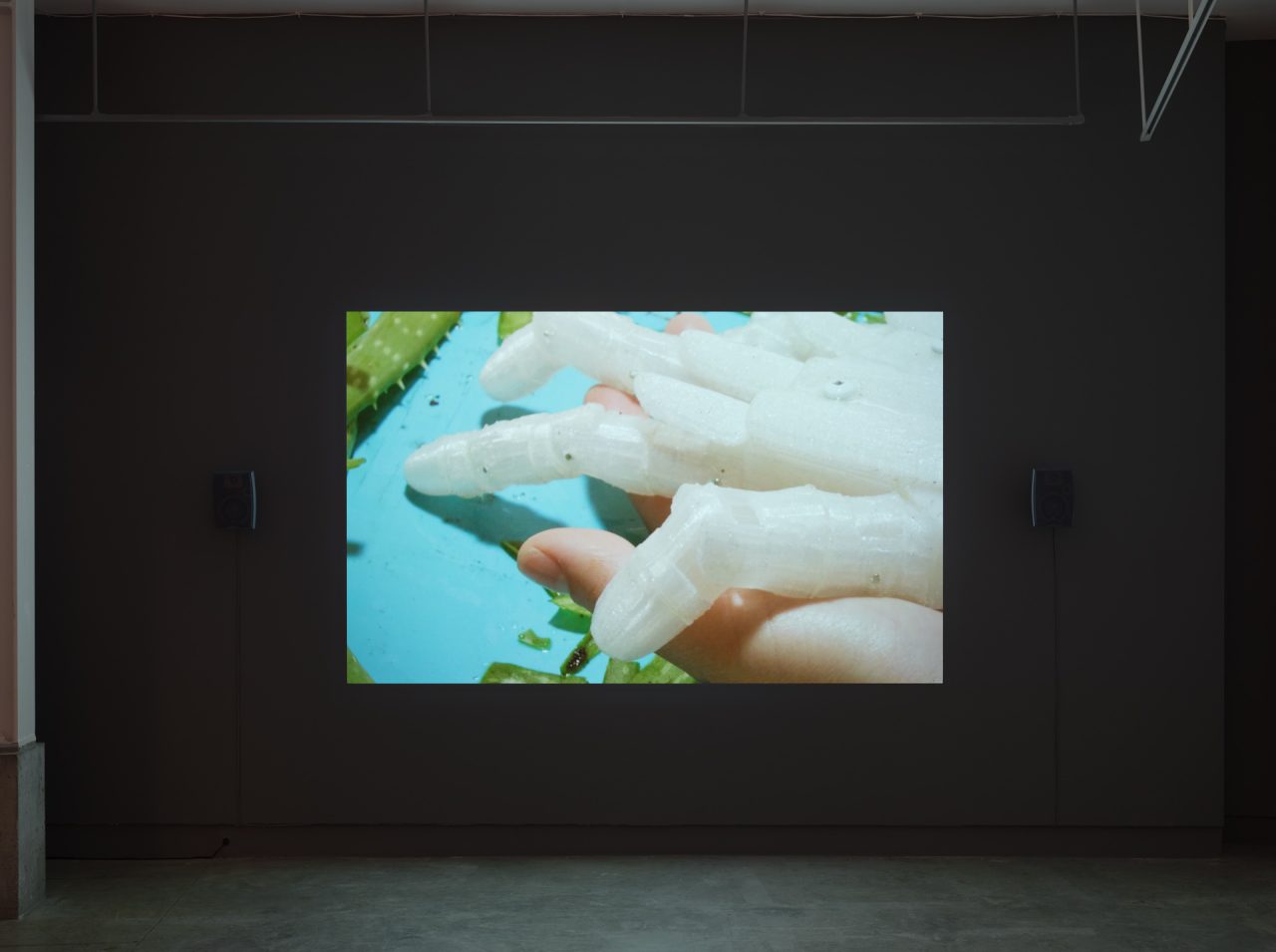
Join us for a concert by the UBC Contemporary Players directed by Paolo Bortolussi and teaching assistant Ramsey Sadaka in a program that celebrates the Belkin’s current exhibition The Willful Plot.
[more] -
Event
Jan-Apr 2023
Sound Plots: The Willful Plot
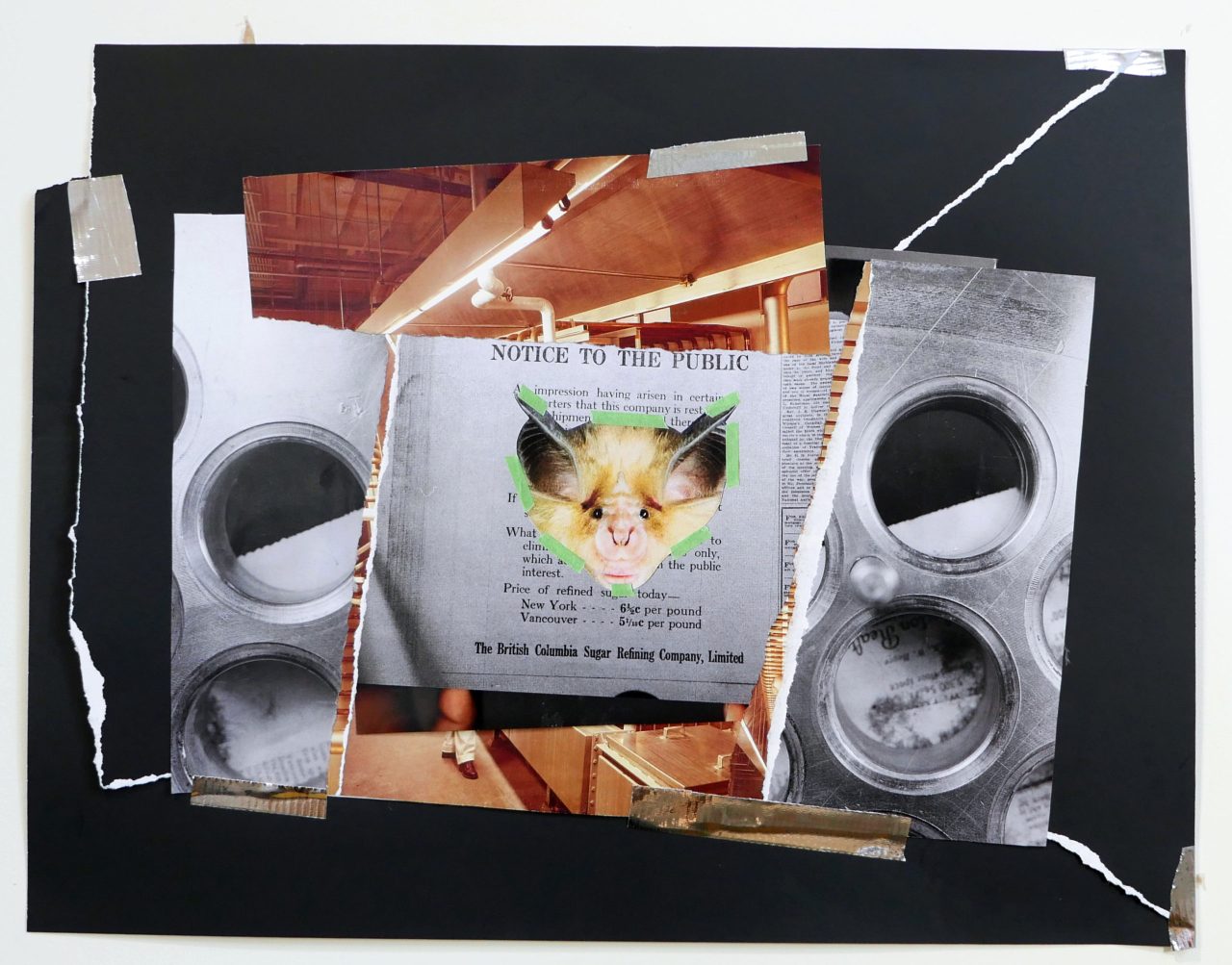
As The Willful Plot invites us to consider sites of tension through an expanded notion of the garden, Sound Plots considers these intersections of site, human and nonhuman ecologies through sound.
[more] -
Event
Sunday, 5 February 2023 at 2 PM
Tea with Glenn Lewis
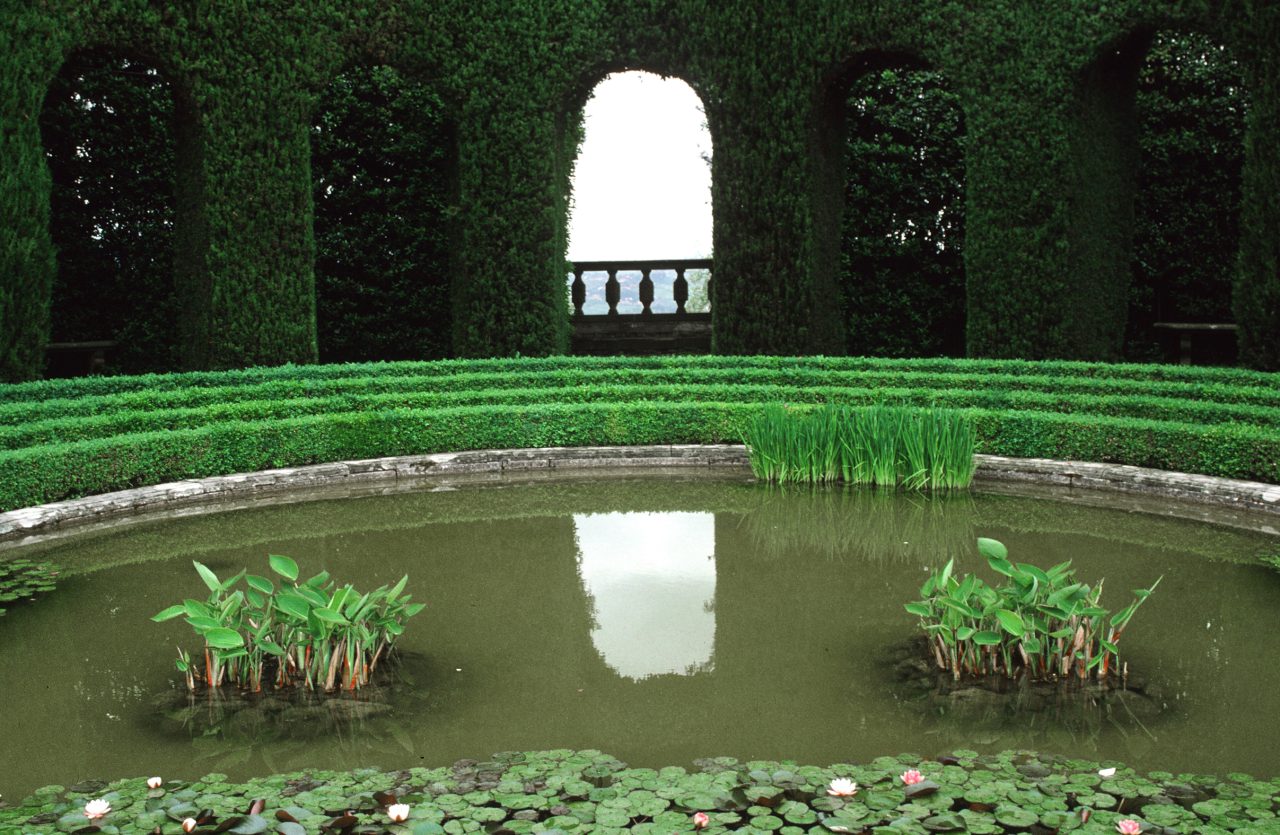
Join Glenn Lewis for a discussion of his work in The Willful Plot along with curator Melanie O'Brian. Over five decades, Glenn Lewis has photographed and created gardens in an investigation of paradisial symbolism.
[more]